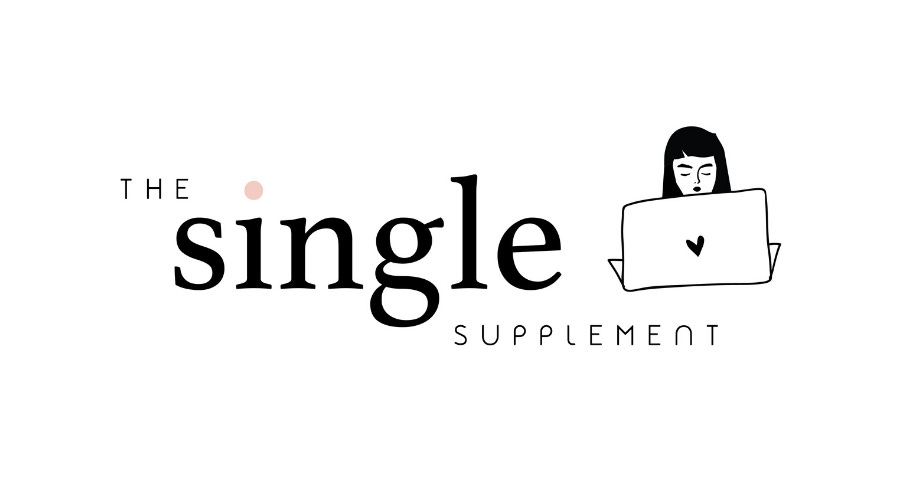Why I dare to call myself a spinster (by Donna Ward)
I’ve been waiting a while to share today’s offering with you. It’s by Donna Ward, an Australian writer, editor and publisher who speaks and writes both on being single and also being childless. Her first book She I Dare Not Name: A spinster's meditations on life is out in the UK on Thursday. I’m honoured to be able to celebrate the UK launch in The Single Supplement today!
I was kindly sent a copy of the book which I’m really enjoying so far. It’s beautifully written. I love how it’s not just a memoir, and a moving on at that, but also a call to action or manifesto even. I also love that she rightly points out that feminism forgets single women which is to the detriment of all women. I’ve been thinking about this for some time and am going to put pen to paper and share my thoughts soon.
I hope you enjoy today’s newsletter and will consider buying Donna’s book. You can pre-order it now.
Paying subscribers, watch out for an exclusive email tomorrow with some extra wisdom from Donna and wh…
Keep reading with a 7-day free trial
Subscribe to The Single Supplement to keep reading this post and get 7 days of free access to the full post archives.



